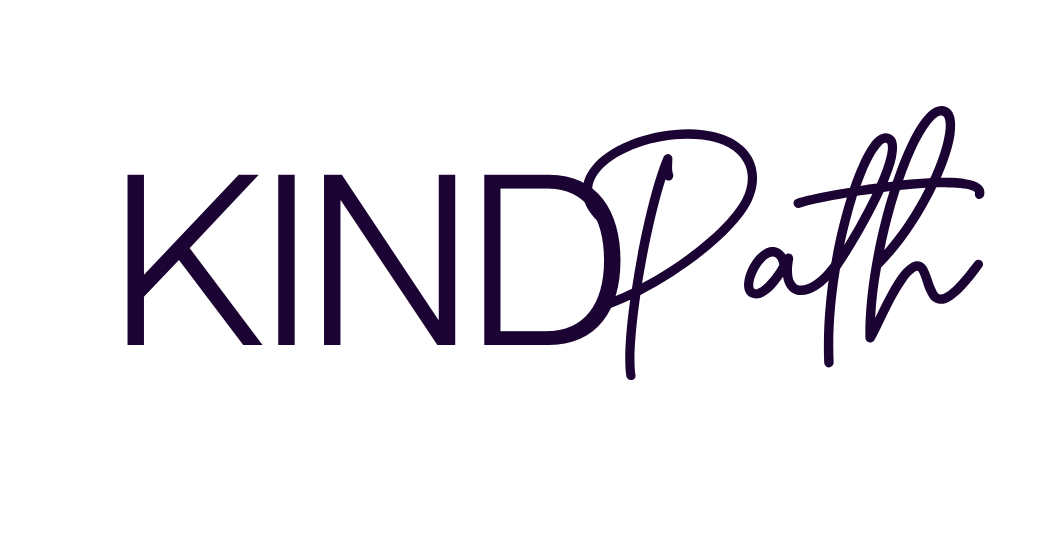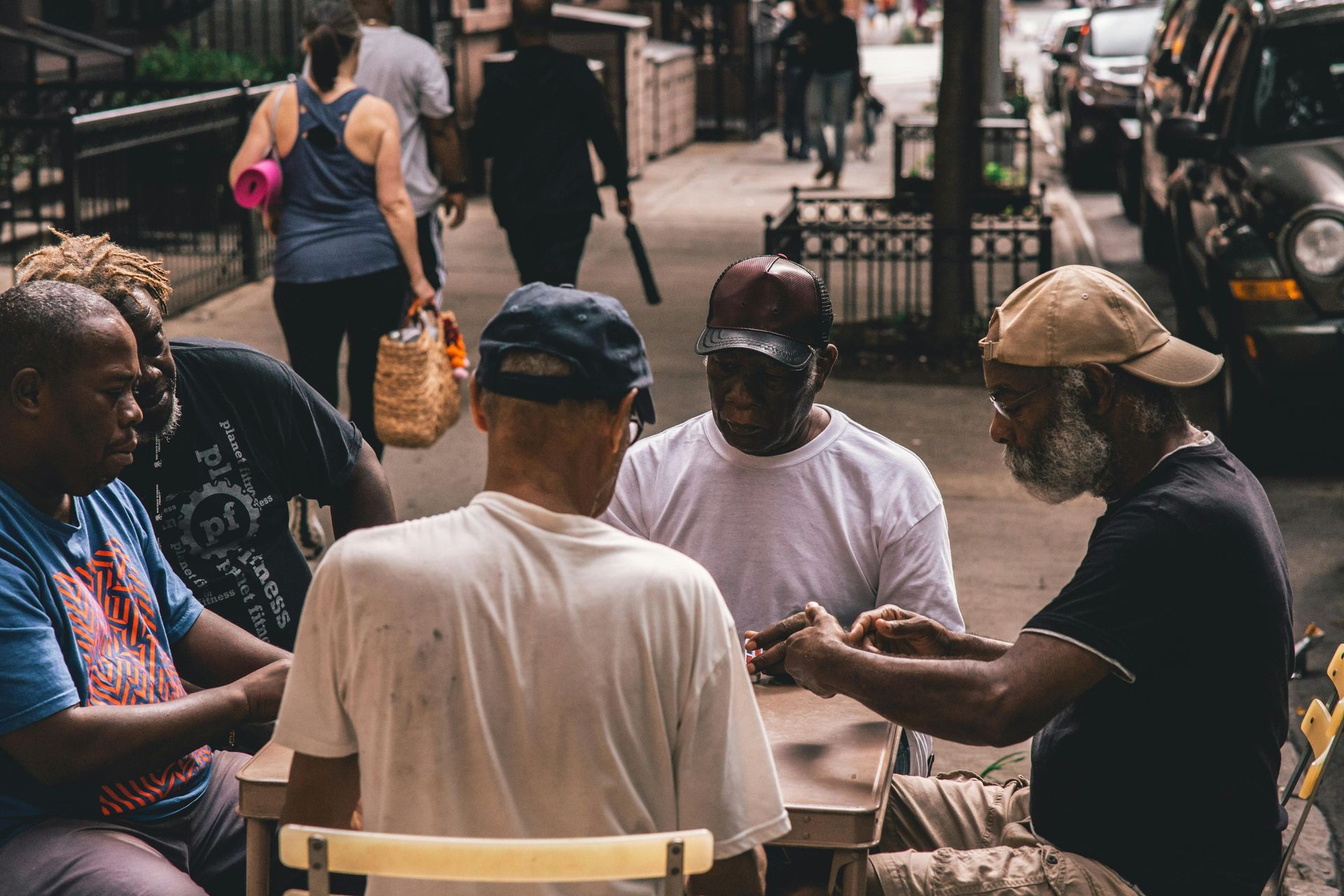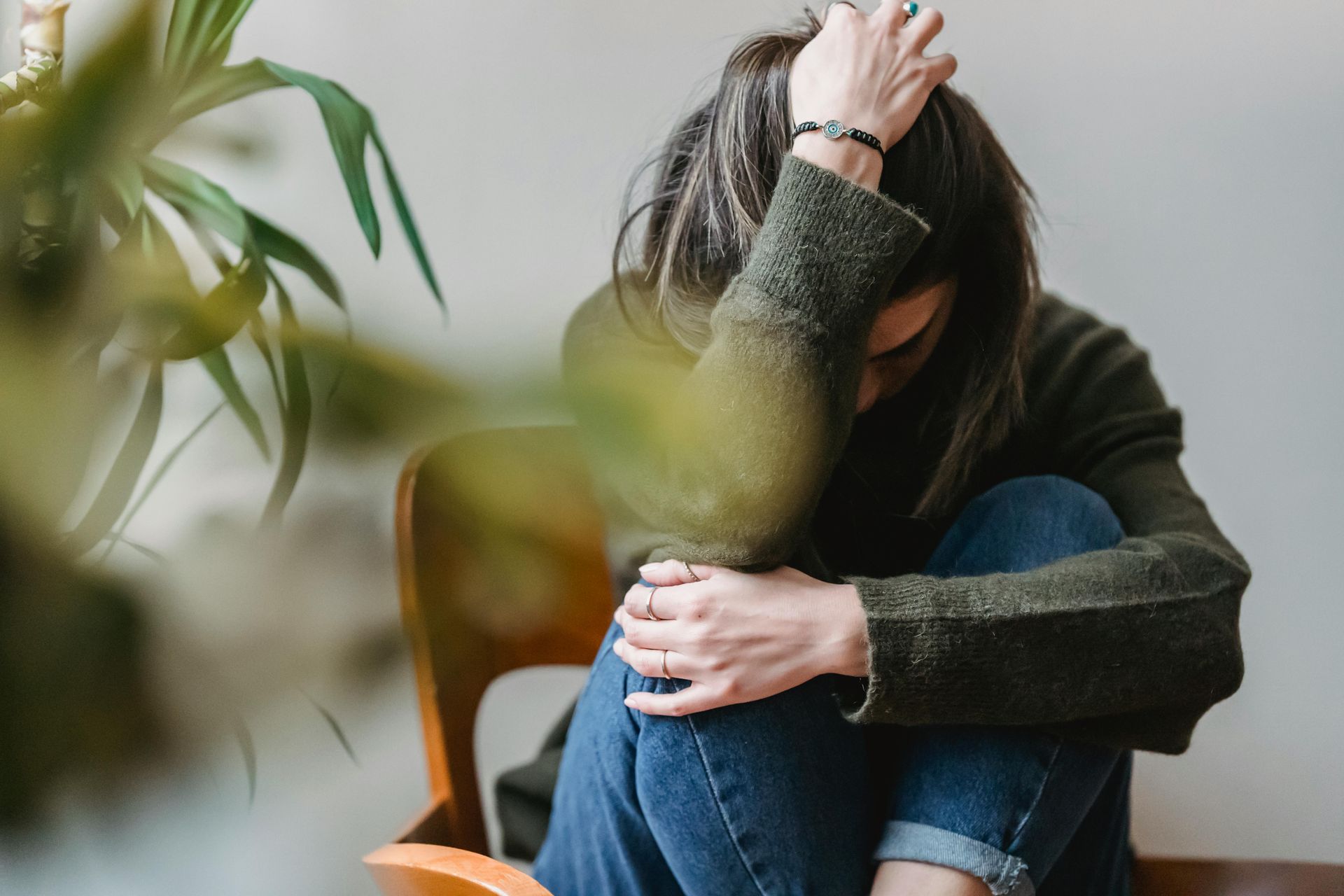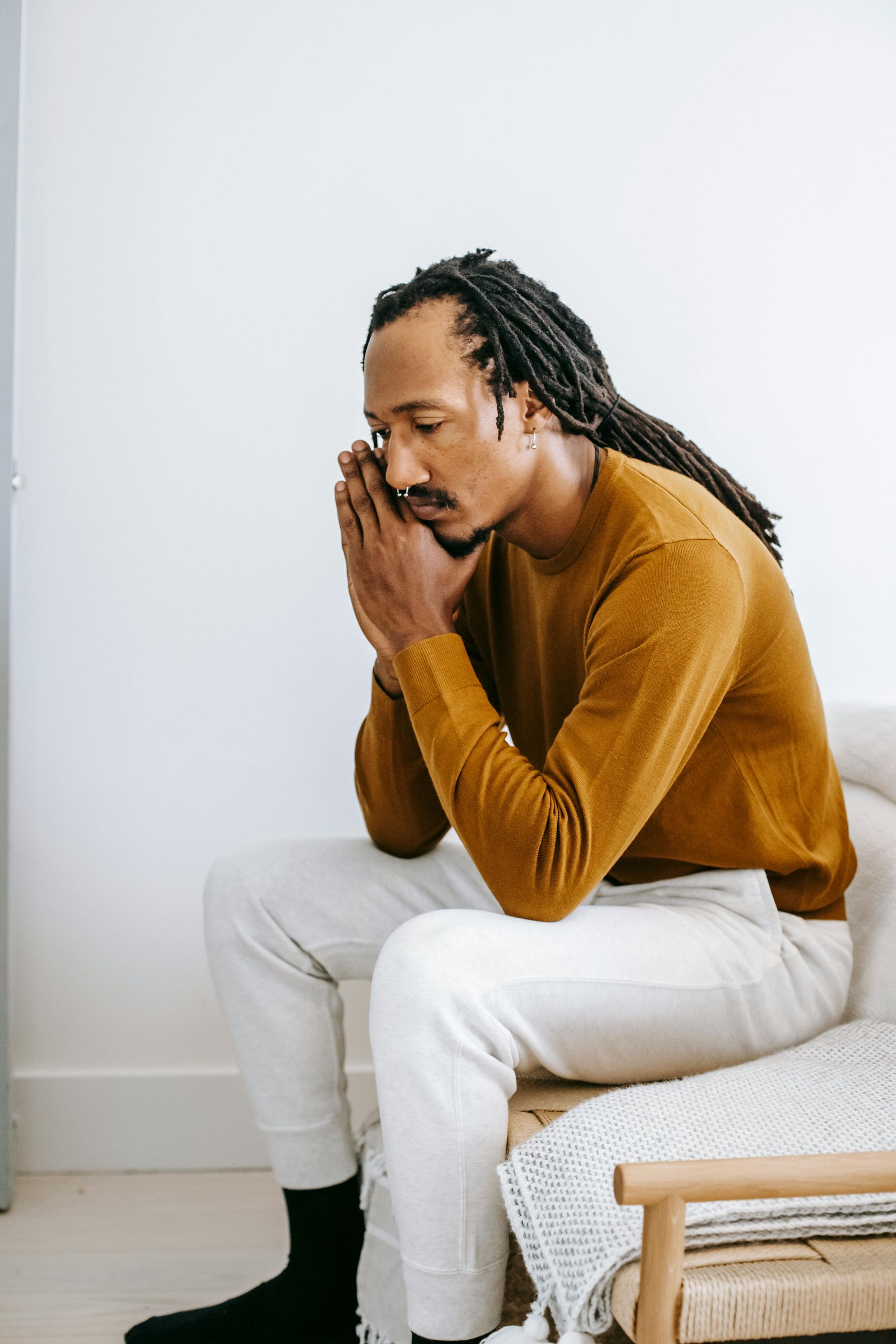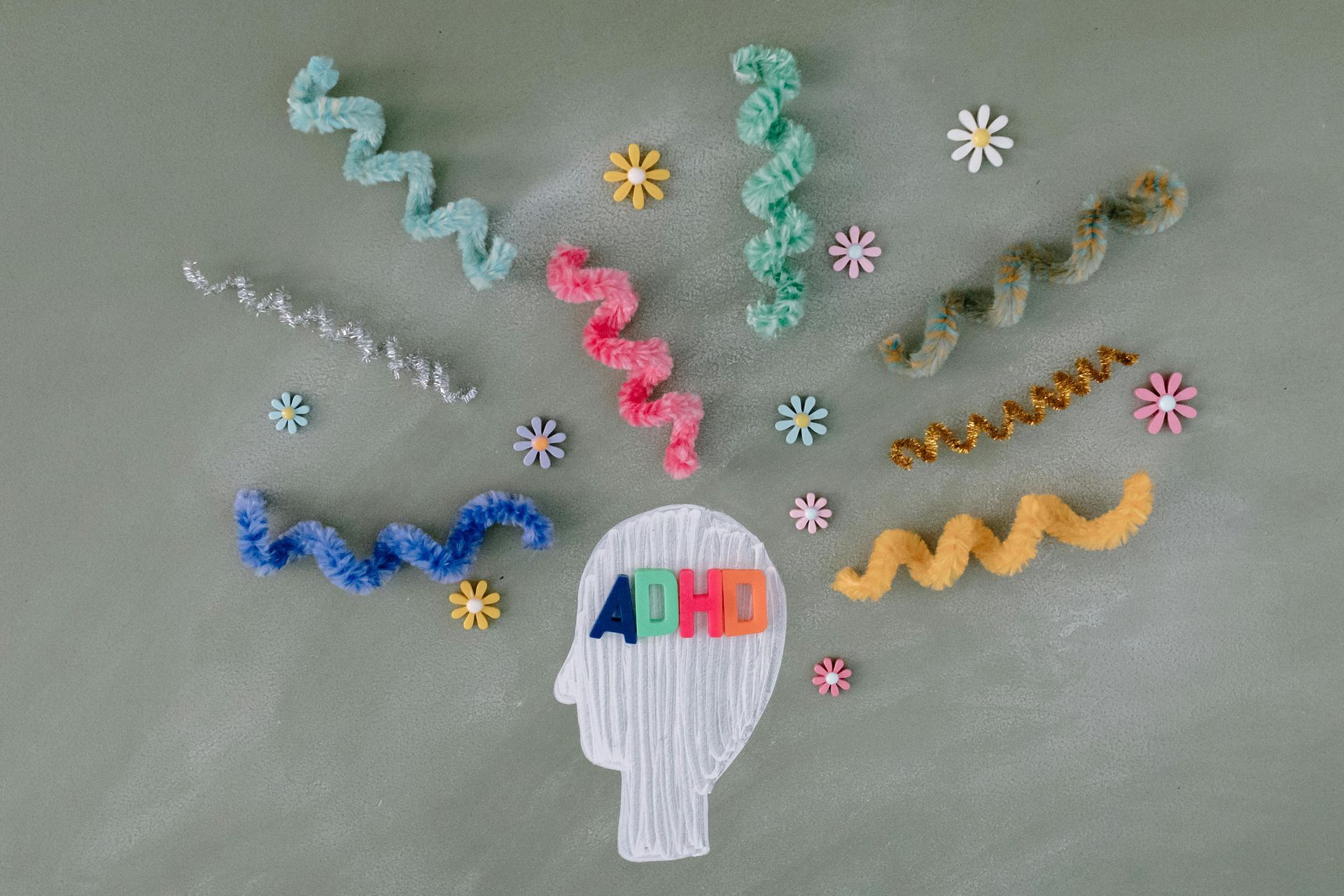Caring for your mental health in times of political unrest
TL;DR
Political unrest can be emotionally draining, but there are ways to protect your mental well-being:
✅ Acknowledge and process your emotions rather than suppressing them.
✅ Set boundaries with news and social media to prevent burnout.
✅ Take meaningful action—volunteer, educate yourself, or engage in local initiatives.
✅ Prioritize self-care through sleep, nutrition, and relaxation techniques.
✅ Connect with supportive communities, both online and offline.
✅ Seek professional support if stress becomes overwhelming.
✅ Focus on what you can control to reduce feelings of helplessness.
If you’re struggling with stress and uncertainty, you’re not alone. Read on for practical strategies to maintain your mental health during difficult times.
Caring for Your Mental Health in Times of Political Unrest
In times of political uncertainty and social unrest, it’s easy to feel overwhelmed. The constant stream of news, heated debates, and societal tensions can take a toll on mental well-being. If you’re feeling anxious, exhausted, or even hopeless, you’re not alone. At KindPath, we understand that mental health is deeply affected by the world around us. Here are some strategies to help you maintain emotional resilience during these challenging times.
1. Acknowledge Your Feelings
Political turmoil can stir up emotions ranging from anger and frustration to fear and sadness. Instead of suppressing these feelings, recognize them. Journaling, talking with a trusted friend, or using a mental health app to track your mood can help you process emotions without becoming overwhelmed.
2. Set Healthy Boundaries with News & Social Media
It’s important to stay informed, but constant exposure to distressing news can lead to heightened anxiety and burnout. Try these approaches:
• Limit news consumption to specific times of the day rather than engaging with it constantly.
• Curate your social media feed by following accounts that provide balanced perspectives and positive content.
• Unplug when needed by taking breaks from screens and focusing on offline activities.
3. Engage in Meaningful Action
Feeling powerless can be one of the most distressing aspects of political unrest. Transform frustration into action by:
• Volunteering or donating to causes that align with your values.
• Educating yourself on issues and engaging in constructive conversations.
• Participating in community initiatives to foster change on a local level.
Taking action, no matter how small, can provide a sense of agency and purpose.
4. Prioritize Rest & Self-Care
Stressful times require intentional self-care. Ensure you’re taking care of your body and mind by:
• Getting enough sleep—exhaustion makes it harder to process emotions.
• Eating nourishing foods to support brain function and mood stability.
• Practicing relaxation techniques such as deep breathing, meditation, or gentle movement.
Remember, rest is not a luxury—it’s a necessity.
5. Seek Community & Connection
You don’t have to navigate difficult times alone. Connect with friends, family, or support groups where you can express your concerns and receive encouragement. Online communities, such as KindPath, can also provide a safe space for meaningful discussions and mutual support.
6. Know When to Seek Professional Help
If political stress is affecting your daily life, relationships, or ability to function, consider seeking support from a mental health professional. Therapy, peer support, or counseling can provide tools to manage stress in a healthy way.
7. Focus on What You Can Control
When the world feels chaotic, ground yourself by focusing on what’s within your control:
• Your daily routine
• Your reactions and boundaries
• How you treat yourself and others
• Small, positive actions you can take
Redirecting attention to what you can influence helps reduce feelings of helplessness.
Final Thoughts
Political unrest can be deeply unsettling, but you don’t have to go through it alone. By setting boundaries, prioritizing self-care, and finding supportive communities, you can protect your mental well-being while staying engaged in the world around you.
At KindPath, we’re committed to providing resources and peer support to help you navigate challenging times. If you’re looking for a place to connect and find guidance, we’re here for you.
How do you take care of your mental health during stressful times? Let us know in the comments!


Career
Open Positions (Coming Soon!)
Media
press@kindpath.health
Support
support@kindpath.health
The Kindred Collective
